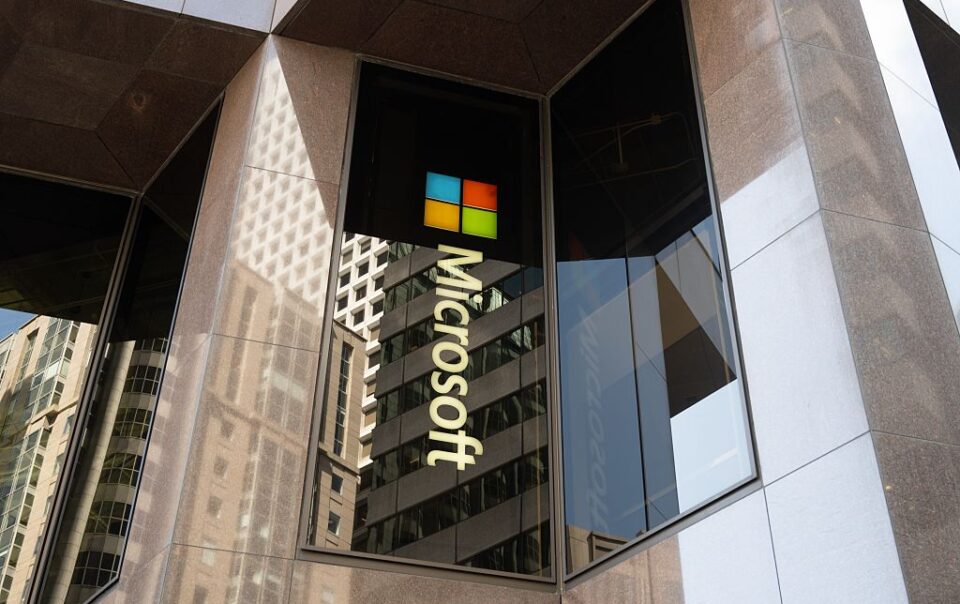On Wednesday, Microsoft announced it will lay off around 9,000 employees. It’s the tech company’s second round of major layoffs this year and its largest in more than two years, according to The Associated Press. Here’s everything we know about the cuts and how it’ll affect Microsoft moving forward.
Microsoft said layoffs are necessary for company’s success in a “dynamic marketplace”
Microsoft’s layoffs are hitting the tech company across divisions around the world, including the company’s Xbox video game business, among others. According to a notice sent to state officials in Redmond, Washington, where Microsoft ‘s headquarters are, 830 workers will be losing their jobs at the location.
The tech company noted that its divisions will experience “organizational changes” that have been deemed “necessary to best position the company and teams for success in a dynamic marketplace,” The Associated Press reported. Microsoft neglected to share the exact amount of total layoffs, but it noted that it’s around 4% of the workforce it had last year.
In a memo to gaming division employees on Wednesday, Xbox CEO Phil Spencer said the layoffs will help the tech company’s video game arm be better prepared for “for enduring success and allow us to focus on strategic growth areas,” per The Associated Press.
A source told CNBC that, similar to the tech company’s May layoffs, which saw more than 6,000 employees lose their jobs, Microsoft is hoping to reduce management that sits in between individual contributors and top executives.
Spencer noted that Xbox plans to “follow Microsoft’s lead in removing layers of management to increase agility and effectiveness.”
Microsoft has laid off thousands of employees in recent years
According to CNBC, Microsoft has been laying off employees rapidly over the last few years. After the May layoffs, the tech company cut at least 300 more jobs in June. Back in 2023, it laid off 10,000 people.
Microsoft had its biggest round of layoffs more than a decade ago. In 2014, the tech company axed 18,000 jobs amid an acquisition of Nokia’s devices and services business.
As of June 2024, the last time it reported its annual headcount, the tech company had 228,000 full-time workers.







